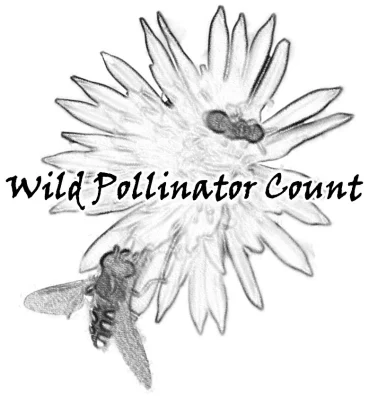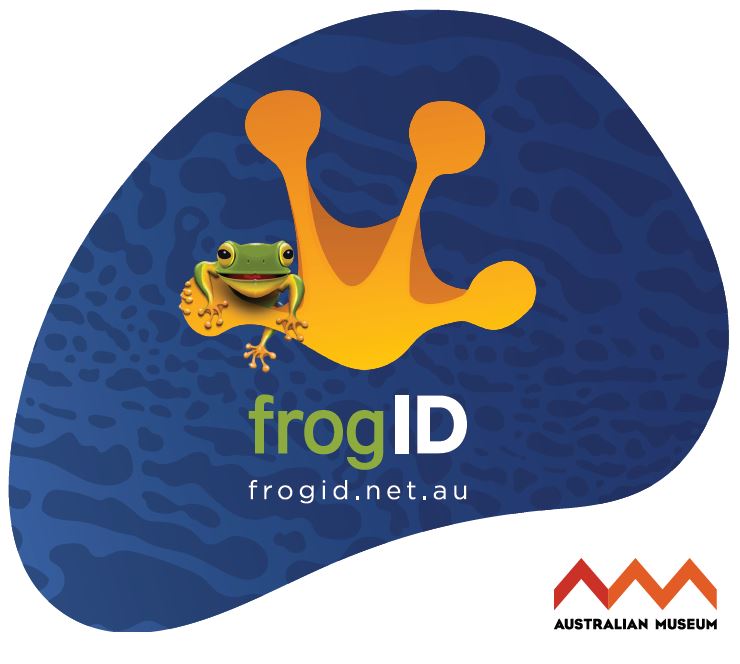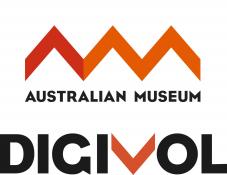It's been amazing to watch people rediscover the garden this past year. For some, that may have meant putting a pot of herbs on the balcony, starting some seeds above the warm hum of the fridge, or finally getting to that patch in the back corner to free the apple tree you knew was strangled by climbers.
Maybe during that time, for the first time in a long while, you had a chance to look. To watch. To observe. There was breath in our forever-full calendars, that suggested hey, we are not the only ones at work, as the little critters hopped from leaf to leaf, many-legged workers pushed soil about and aerated the ground, and oh! Did you catch that web in the sunlight, catching those annoying flies (and who made it, anyhow?).
This is the forever evolving world around us, an ecosystem thriving and continuing on about it’s day. There is still a wonder of things that we - as the global population - and science, know nothing about. Funds only go so far, and well, science needs lots of data. Data that you too can contribute to!
Citizen science projects are popping up across the country, projects that we, as amateur scientists, can contribute to. The best thing of all about these projects is that you don’t need to go far to give real, functioning data. Citizen science projects are actually a heap of fun; no white lab coats required (and for many of them, PJ’s and ugg boots will suffice). By using new space in our calendars, these projects can help provide pivotal information in understanding essential topics like how our ecosystem works, what the natural world is up to, and how understanding it better can help us humans out in the long run.
We’ve made a list of some of our favorite citizen science projects below. Did we miss any? Drop us a line on our socials or email us info@gardencouncil.org

Hollows as Homes - Australia Wide
An excellent project created by a host of wonderful organisations including the Australian Museum and The Royal Botanic Gardens, Sydney. Know a tree hollow near you? Spotted a resident or two popping by? The Hollows as Homes project wants to hear from you!

Wild Pollinator Count - Australia Wide
When most people think of pollinators, the European Honey Bee is the first that they think of. Important though as they are, native bees, butterflies, moths, beetles, hoverflies, wasps and a whole heap of other insect species are super important pollinators! This twice yearly count - during Autumn and Spring - as part of Australian Pollinator Week, asks budding scientists to take a brief moment to collect their pollinator observations. How many do you think you can find in your green space?

Big City Birds - Australia Wide
As humans change the landscape, the animals around us have to adapt also. Urban ecologists have noticed a change in bird behavior, and want to learn more! With such an epic landscape to cover, the Big City Birds project has got an excellent app that allows you to track our feather friends that land in your hood! Backed by Taronga Conservation Society and the Max Planck Institute of Animal Behaviour, this project has some of the world's best scientists at the helm, and you can be a part of it.

#NatureNearYou Citizen Science Project - Australia Wide
The Australian Conservation Foundation’s project #NatureNearYou gets you acquainted with iNaturalist, an incredible citizen science app that’s funded by the National Geographic Society and the California Academy of Sciences. All of the verified and research grade sightings from the app go in the Atlas of Living Australia. iNaturalist is also a great tool to learn more about the living world around you - without stepping a foot out your front door.

Frog ID - Australia Wide
Frogs are often considered ‘indicator species’ of our ecosystems; if you have frogs, it’s often a sign that things are pretty much in balance. As landscapes change during urbanisation and the climate warms, frogs can help scientists understand how the landscape is changing. This is where FrogID comes in. In their words: “There’s no way scientists can count Australia’s frogs on their own. The country’s too big and there’s too many frogs!” How many calls can you ID?
 Fungimap - Australia Wide
Fungimap - Australia Wide
Consider yourself a ‘fun-guy’? Have high ‘morel’ standards? Haven't got ‘mushroom’ for ‘shiitake’? (sorry) Terrible mushroom puns aside, Fungimap is a very cool platform for all things fungi related. They, as the #NatureNearYou project, use iNaturalist as their main tool, using the Fungimap Australia group. https://www.inaturalist.org/projects/fungimap-australia Their website is full of great fungi-related material, and a great starting point to understand those foul-smelling star-type fungi that pop up in your garden!

DigiVol - Australia Wide
Ready to take your science writing skills to the next level? Too wet/cold/restrictions keeping you indoors? The Australian Museum's DigiVol project asks volunteers, from their home, to transcribe (type out) content contained in collection labels, historical documents or even identify animals. By transcribing you are helping to make natural history collections more accessible for scientific and cultural research. A great way to learn about the great outdoors, from the comfort of your home.
 Wilderquest - NSW and Beyond
Wilderquest - NSW and Beyond
The NSW National Parks and Wildlife Service created the WilderQuest program for teachers, students and children. There’s a whole range of activities to explore, via a website and apps with game and video content, Ranger led tours and activities in national parks across NSW. It provides opportunities for families to experience nature, science and Aboriginal culture in classrooms, online, at events and in national parks. Even if you’re not in NSW, the activities are fun to take part in, wherever you are!
If some of the above projects have whet your appetite, there may be citizen science projects closer to home that may just be your cup of tea. The Australian Citizen Science Association supports hundreds of projects across Australia, and showcases some excellent projects completed.
Gardeners are always doing experiments, so maybe we are scientists at our core, after all.